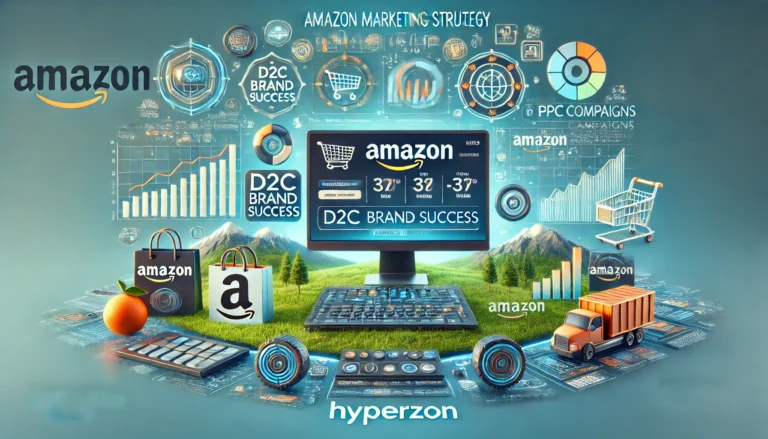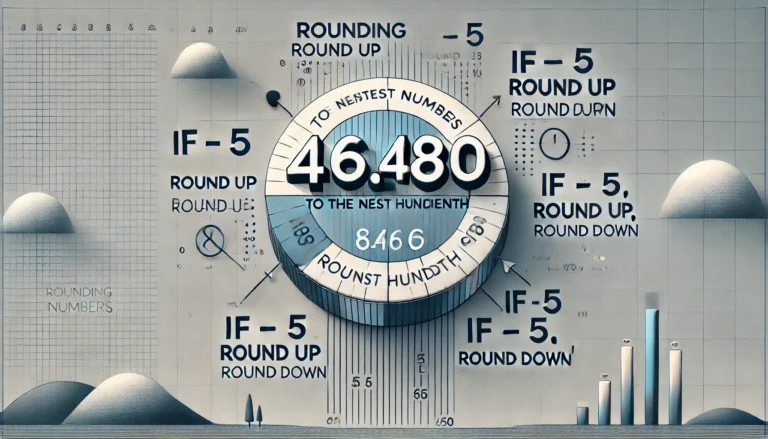
Applications of Artificial Intelligence Across Various Industries
Artificial Intelligence (AI) has emerged as a transformative technology, driving innovation and efficiency across a wide range of industries. From automating mundane tasks to powering complex decision-making processes, AI is reshaping industries and redefining how businesses operate. In this article, we will explore key AI applications across various industries, with a particular focus on artificial intelligence in fintech, alongside examples of how companies like KryoverseInnovation are leading the charge in implementing AI solutions.
1. AI in Fintech: Revolutionizing Financial Services
The financial technology (fintech) industry has been one of the biggest beneficiaries of AI, leveraging machine learning, predictive analytics, and automation to deliver smarter, faster, and more secure financial services. From fraud detection to personalized financial advice, AI is driving efficiency and improving the customer experience.
Key AI in Fintech Use Cases:
- Fraud Detection: AI-powered systems can detect fraudulent activities in real-time by analyzing vast amounts of transaction data and identifying anomalies. These systems continuously learn from patterns, improving their accuracy and reducing false positives over time.
- Personalized Financial Services: AI algorithms are used to analyze customer behavior and offer personalized financial advice. For example, robo-advisors leverage AI to suggest investment strategies based on a customer’s risk profile and financial goals.
- Automated Loan Processing: AI enables faster loan approvals by automating the loan underwriting process. AI models analyze applicants’ financial data, credit scores, and other indicators to assess creditworthiness in real-time.
- Chatbots and Customer Support: AI-powered chatbots are now common in fintech applications, providing instant support to users by answering queries, managing transactions, and resolving issues without the need for human intervention.
Companies like KryoverseInnovation have successfully integrated AI into fintech platforms, enabling seamless automation, enhanced security, and improved customer experiences. By harnessing AI, KryoverseInnovation helps financial institutions reduce operational costs and deliver more efficient, data-driven services to their clients.
2. AI in Healthcare: Enhancing Patient Care and Medical Research
Healthcare is another industry experiencing significant advancements due to AI. With the ability to process vast datasets, AI is transforming how doctors diagnose diseases, manage treatments, and conduct medical research.
Key AI Applications in Healthcare:
- Medical Imaging and Diagnostics: AI models can analyze medical images, such as X-rays and MRIs, to detect abnormalities and diagnose conditions like cancer, fractures, and brain tumors with remarkable accuracy. AI tools can assist radiologists in making faster, more reliable diagnoses.
- Predictive Analytics: AI can predict disease outbreaks, patient deterioration, or the likelihood of readmission based on patient data. By identifying risk factors, healthcare providers can take proactive measures to improve patient outcomes.
- Drug Discovery: AI accelerates drug development by analyzing chemical structures and predicting how different compounds might interact with human biology. This reduces the time and cost involved in bringing new drugs to market.
- Virtual Health Assistants: AI-powered virtual health assistants are helping patients manage chronic conditions by providing personalized health advice, reminders for medication, and real-time monitoring through wearable devices.
By integrating AI into healthcare systems, providers can reduce human error, enhance patient outcomes, and streamline administrative processes, allowing for more efficient and accessible care.
3. AI in Manufacturing: Driving Efficiency Through Automation
In the manufacturing industry, AI is playing a critical role in optimizing production processes, ensuring quality control, and enabling predictive maintenance. AI-powered automation and machine learning algorithms are significantly reducing downtime, improving efficiency, and lowering production costs.
Key AI Applications in Manufacturing:
- Predictive Maintenance: AI algorithms can analyze data from IoT sensors embedded in machinery to predict when equipment is likely to fail. By addressing potential issues before they escalate, manufacturers can reduce downtime and maintenance costs.
- Quality Control: AI can monitor production lines in real-time to ensure that products meet quality standards. Image recognition and machine learning algorithms detect defects early, minimizing waste and ensuring higher product quality.
- Supply Chain Optimization: AI improves supply chain management by predicting demand, optimizing inventory levels, and automating procurement. Machine learning models can forecast disruptions in the supply chain and suggest alternative solutions to prevent delays.
- Robotics and Automation: AI-powered robots are now commonplace in manufacturing environments, performing tasks that require precision, speed, and repetitive motion. These robots work alongside human employees, enhancing productivity and safety.
KryoverseInnovation is helping manufacturing companies integrate AI technologies to automate processes, optimize production, and improve predictive maintenance efforts, leading to reduced downtime and more efficient operations.
4. AI in Retail: Enhancing Customer Experience and Personalization
AI is revolutionizing the retail industry by delivering more personalized shopping experiences, optimizing supply chains, and transforming inventory management. Retailers are using AI to analyze customer preferences, automate processes, and provide real-time recommendations.
Key AI Applications in Retail:
- Personalized Shopping Experiences: AI analyzes customer data, purchase history, and browsing behavior to recommend products that align with individual preferences. This level of personalization drives higher sales and customer satisfaction.
- Demand Forecasting: AI-powered tools predict customer demand more accurately by analyzing historical data and external factors like seasonal trends. Retailers can optimize stock levels, reducing the chances of overstocking or stockouts.
- Customer Support: AI chatbots provide round-the-clock customer service, assisting with product queries, returns, and troubleshooting. They enable faster response times and reduce the need for large customer support teams.
- Visual Search and Augmented Reality (AR): AI-based visual search tools allow customers to upload images of products they are looking for, enabling them to find similar items. AR is also enhancing the shopping experience by allowing customers to “try on” products virtually before purchasing.
By leveraging AI, retailers can offer more personalized, data-driven experiences, which can result in increased customer loyalty and higher conversion rates.
5. AI in Agriculture: Optimizing Crop Production and Sustainability
Agriculture is undergoing a transformation with the application of AI, allowing farmers to make data-driven decisions that improve crop yields and promote sustainability. AI technologies are helping farmers monitor soil health, track weather patterns, and optimize the use of resources like water and fertilizer.
Key AI Applications in Agriculture:
- Precision Agriculture: AI-powered drones and sensors collect data on crop health, soil conditions, and environmental factors. This data helps farmers optimize irrigation, planting, and harvesting schedules, maximizing crop yields.
- Predictive Analytics: AI models can predict pest outbreaks, disease spread, and weather conditions, enabling farmers to take preventive measures and reduce crop loss.
- Automated Harvesting: AI-driven robots are being developed to automate harvesting, reducing labor costs and increasing efficiency. These robots are equipped with computer vision and machine learning algorithms that allow them to identify and pick ripe crops.
- Livestock Monitoring: AI tools monitor the health and well-being of livestock by analyzing data from sensors that track movement, feeding habits, and vitals. This enables farmers to detect health issues early and ensure the welfare of their animals.
With AI, farmers can improve productivity while reducing environmental impact, helping to create a more sustainable agricultural system.
Conclusion
AI applications across industries are transforming the way businesses operate, offering opportunities for enhanced productivity, cost savings, and improved customer experiences. From artificial intelligence in fintech driving automation in financial services to AI optimizing manufacturing processes and retail personalization, the impact of AI is widespread and profound.
Companies like KryoverseInnovation are at the forefront of this transformation, leveraging AI technologies to deliver innovative solutions that help businesses stay competitive in an increasingly digital world. As AI continues to evolve, its role across various industries will only expand, offering new possibilities for growth, efficiency, and innovation.






